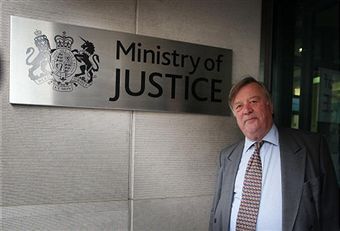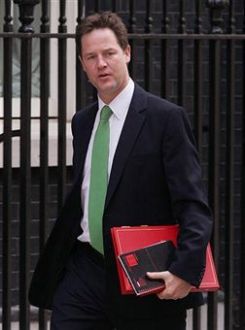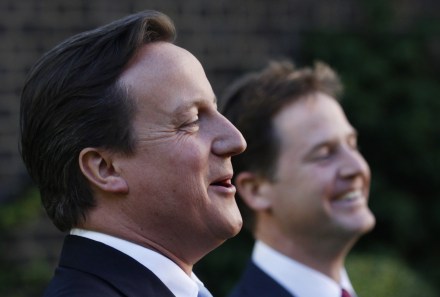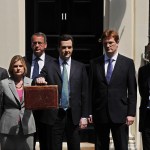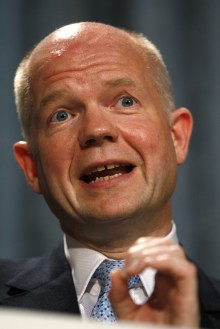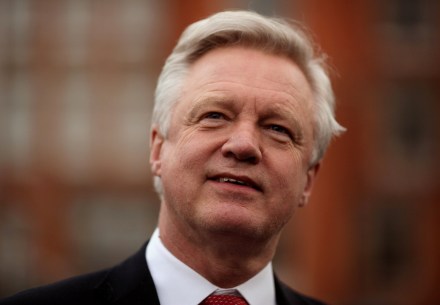Is efficiency a luxury?
The Ministry of Justice is owed £1.3bn in fines, confiscations and compensation orders, according to the National Audit Office. That is more than a tenth of its £10.1bn primary budget, and the department faces cuts probably in excess of 25 percent. The NAO’s report is damning – the MoJ is hopelessly disorganised. To summarise, there is no consistent approach to how the department manages its regional diversity and finances. The MoJ’s rushed creation meant that its remit was never properly defined. Therefore, it is has not integrated its financial systems and processes – hence the missing £1.3bn. Naturally, the cost of enforcement may exceed the dividends. But there must be
